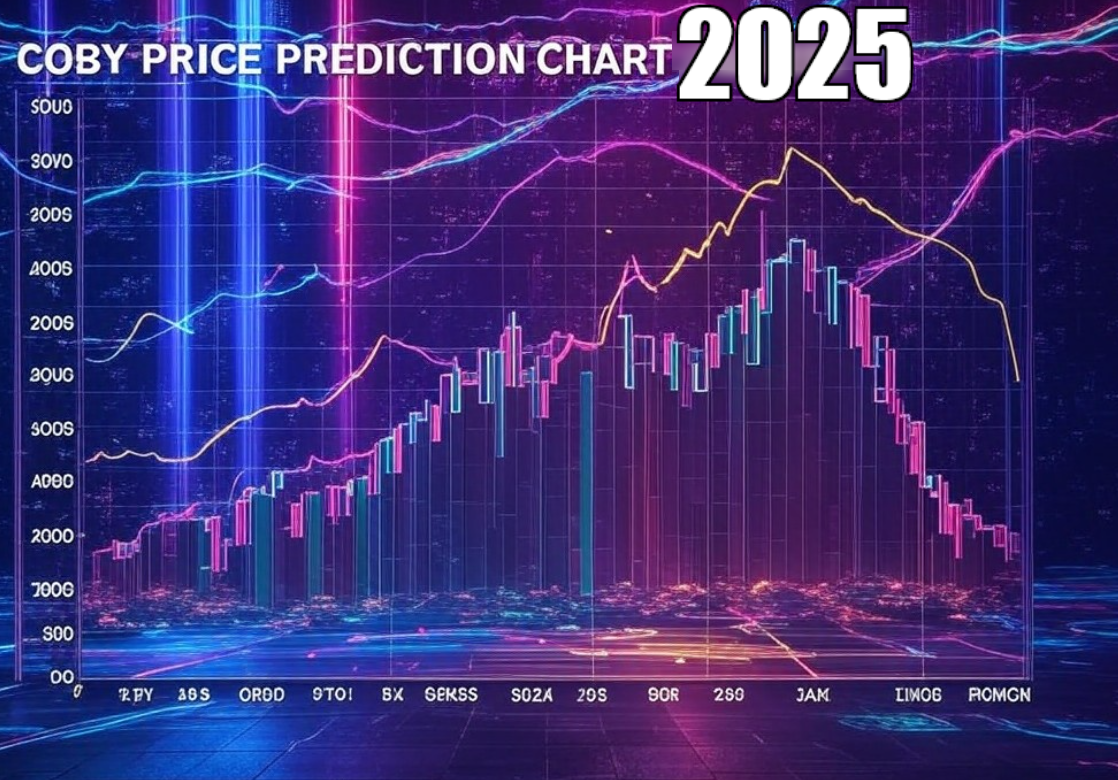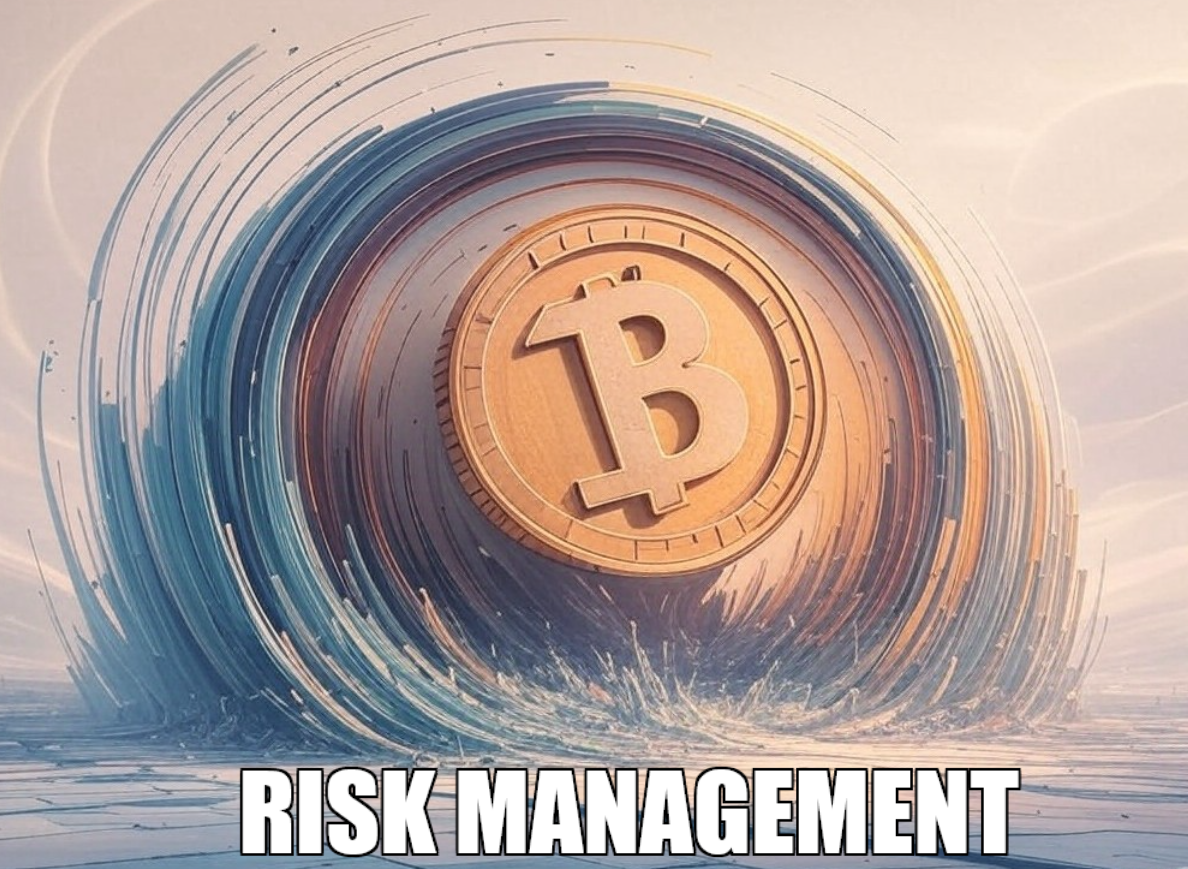Understanding the Warning Signs of When a Property Crisis in India Might Emerge.
Delve into the economic and real estate market indicators to predict ” When Can We Witness a Property Crisis in India ”with insights into market trends, government policies, and expert analysesDelve into the economic and real estate market indicators to predict “when can we witness property crisis in India?” with insights into market trends, government policies, and expert analyses.
AI TRADING SIGNALS SOFTWARE
LINK-https://tradingindicatorpro.com
WATCH VIDEO TUTORIAL
LINK-https://youtu.be/F96qBjBNeG0?si=vperuAD6P12ueRP9
-
Interest Rates: A significant increase in interest rates can dampen demand for housing loans, thereby cooling down the real estate market. If the RBI opts for aggressive rate hikes to combat inflation, it might lead to a property crisis by reducing buyer affordability.
-
GDP Growth: Slow economic growth or a recession can decrease consumer spending power, affecting the demand for properties. The correlation between economic health and real estate performance is direct; a faltering GDP often precedes a property downturn.
-
Unemployment Rates: High unemployment or job insecurity can lead to reduced demand for housing, as potential buyers might delay or forego purchasing decisions.
-
Supply Overload: An excess supply of unsold properties, particularly in major cities, is often a precursor to a crisis. This scenario was evident in the past with the IL&FS crisis, where developers overleveraged with funds from homebuyers.
-
Price to Income Ratios: If property prices escalate far beyond the average income growth, it signals an unsustainable market. In cities like Mumbai and Bangalore, where price-to-income ratios are high, there’s a risk of market correction.
-
Speculative Investment: When a market is driven by speculative investments rather than end-user demand, it becomes vulnerable to a crash. This was a lesson learned from the global financial crisis of 2008.
-
Regulatory Changes: Policies like RERA have aimed to stabilize the market by ensuring transparency, but sudden or harsh regulatory changes can still disrupt market dynamics.
-
Taxation Policies: Changes in property tax or capital gains tax can influence market behavior. For instance, an increase in property taxes might make owning property less attractive.
-
Global Economic Trends: A global economic downturn, like the one caused by the Evergrande situation in China, can have ripple effects on Indian real estate, particularly if it affects foreign investment or trade.
-
Inflation and Foreign Investment: Fluctuations in foreign direct investment (FDI) in real estate or currency depreciation due to inflation can impact property valuations.
-
Analyst Forecasts: Various analysts have made predictions on the Indian property market. While some foresee a correction rather than a crash, others warn of a potential bubble in certain segments, especially luxury real estate.
-
Market Sentiment: Current sentiment, as seen on platforms like X, shows concerns about property valuation in tier 2 cities where job creation does not match the real estate development pace.
-
No Immediate Crash: Most indicators suggest that while there might be corrections in specific markets, a nationwide crisis isn’t imminent. The market has shown resilience, particularly in demand for housing.
-
Potential Triggers: A combination of rising interest rates, significant economic slowdown, or drastic policy changes might precipitate a crisis.
-
Long-Term View: Over the next decade, if economic policies do not adapt to changing market conditions, or if speculative investments continue unchecked, the risk of a crisis increases.





